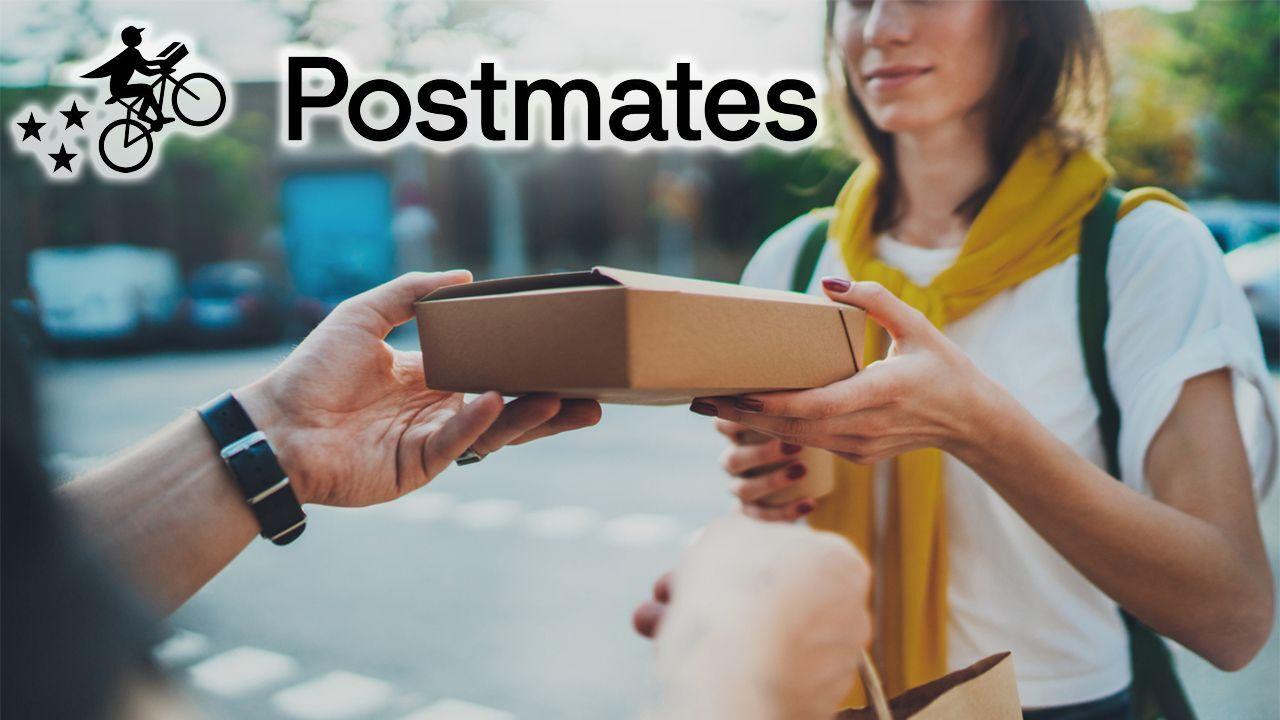Uber founder turns real-estate mogul for ghost kitchen startup
Entities tied to Travis Kalanick spent more than $130M on property acquisitions for CloudKitchens
The former chief executive of Uber Technologies Inc. has been quietly assembling a mini real-estate empire over the past two years, acquiring closed restaurants, auto-body shops and warehouses for use in his new ghost kitchen venture.
Entities tied to Travis Kalanick’s CloudKitchens, a startup that rents out space to businesses that prepare food for delivery, have bought more than 40 properties in nearly two dozen cities for more than $130 million, according to a Wall Street Journal review of public property and corporate records and data from the commercial real-estate database Reonomy.
GHOST KITCHENS TAKE ON CORONAVIRUS-DRIVEN FOOD DELIVERY SURGE
The analysis linked various limited-liability companies that own the properties to business addresses of CloudKitchens’ parent, City Storage Systems LLC, and to its senior leaders. These acquisitions include buildings from Portland, Ore., and Las Vegas to Columbus, Ohio, and Nashville.
While real-estate brokers said they were aware that Mr. Kalanick’s firm had been in the market, the extent and value of his investments has never been reported. The amount invested in real estate makes him an outlier among startups.
A spokeswoman for CloudKitchens declined to comment.
The acquisitions are a big bet on the fast-growing food-delivery business. CloudKitchens and its rivals rent out delivery-only kitchens under flexible terms. Food vendors can save time and money if they pick a prebuilt kitchen over a big restaurant space, these startups say. SoftBank Group Corp. -backed Reef Technology and Kitchen United are also part of this budding industry, which gained popularity after the coronavirus pandemic closed restaurants and customers turned to takeout.
Other ghost-kitchen companies and firms with vaguely similar business models, such as co-working or co-living companies, rarely acquire real estate. Instead, they typically lease space or sign revenue-sharing deals with landlords. Companies can expand more quickly without shelling out cash or borrowing heavily to acquire buildings.
But Mr. Kalanick’s firm has loaded up on properties and needs to spend more converting them to delivery kitchens. It is a strategy that takes market risk but could pay off if property values rise.
GHOST KITCHENS, MEAL KITS GIVE RESTAURANTS LIFE SUPPORT DURING CORONAVIRUS
Entities tied to CloudKitchens paid $9.2 million for a vacant restaurant space in Miami Beach in May and $6.6 million for an industrial property in Queens, N.Y., in March, the Journal’s analysis shows. In some cases, CloudKitchens has been able to buy buildings at bargain prices because of the pandemic, brokers say.
Mr. Kalanick has money to spend. Last year CloudKitchens raised $400 million from Saudi Arabia’s sovereign-wealth fund. Goldman Sachs has been financing his acquisitions and developments with millions in loans, property records show.
Mr. Kalanick, the 44-year-old who co-founded Uber, stepped down as the ride-hailing company’s CEO in 2017 following pressure from investors who were concerned about the company’s culture. He is hardly the first investor to use limited-liability companies to acquire properties. Keeping real-estate deals quiet maintains privacy and can leave competitors in the dark about a company’s expansion plans.
Amazon.com Inc. asked local officials and brokers to sign nondisclosure agreements while it was searching for second headquarter sites, according to a number of real-estate firms.
But brokers and property analysts say Mr. Kalanick’s discretion rises to unusual levels. CloudKitchens doesn’t identify its locations on its website, and they usually aren’t shown on Google Maps. Mr. Kalanick has told employees not to name CloudKitchens in their LinkedIn profiles.
Real-estate agents in Memphis and Seattle say they signed contracts in recent weeks to sell properties to an investment firm that plans to turn them into delivery-only kitchens. They weren’t told much about the buyer, but around the same time as the contracts were signed, limited-liability companies named after the properties’ addresses were registered to the 41st floor of a Los Angeles office tower, a business address of City Storage Systems, corporate records show. It is unusual that a commercial real-estate broker wouldn’t know the identity of a buyer, brokers said.
HOW RESTAURANTS, FOOD DELIVERY APPS LIKE GRUBHUB, UBER EATS FRUSTRATE CONSUMERS: SURVEY
Last year, representatives of an investment firm started touring a Los Angeles furniture store that was listed for sale. A big, open space located just off the San Diego Freeway, it was the perfect place for a food-delivery business, according to the listing agent Sheri Messerlian. Different groups of people showed up numerous times to inspect every corner. The property owner started getting impatient, she said.
The suitors said little about themselves. Ms. Messerlian started digging but couldn’t find much information.
“I finally gave up,” she said. They were good for the money, and that was what mattered. In April, the investors bought the space for $2.95 million after getting a $200,000 pandemic discount.
Public records show that a City Storage Systems representative signed the application to register the LLC that now owns the property, which is registered to the 41st floor of the Los Angeles office tower.
CLICK HERE TO READ MORE ON FOX BUSINESS




















